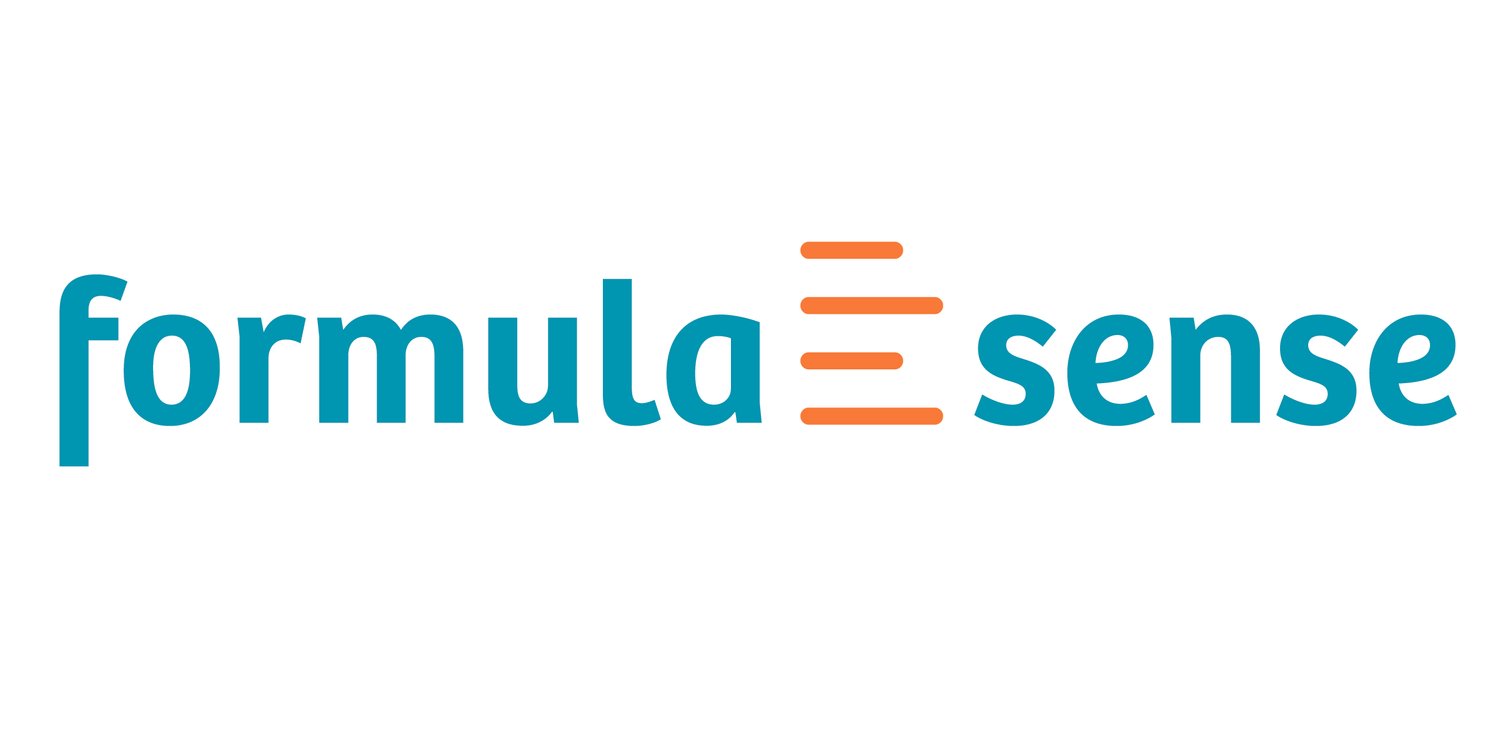What is Magnesium Chloride?
[pronounced: mag-NEEZ-EE-um klor-IDE | mag-ˈnē-zē-əmˈklȯr-ˌīd]
Magnesium chloride is a form of the mineral magnesium. This infant formula ingredient is the same form of magnesium that is used in some medications.
What Does Magnesium Do?
Magnesium is a metabolic workhorse! It lends a hand as a cofactor to over 300 enzymes. As a helper molecule, magnesium turns amino acids into proteins. For an infant, this means magnesium helps build muscles as they grow.
Teamed up with phosphorus, magnesium also helps make and recycle used nucleotides, which are central parts of our DNA and RNA. Without magnesium, we cannot make energy. Magnesium also plays important roles in bone health.
So, infants need magnesium to grow and thrive!
Regulations and Safety
The US FDA categorizes it as generally recognized as safe (GRAS) as does the World Health Organization (WHO). It is listed as E511 in the European E-number system for food additives.
The US FDA requires infant formulas marketed in the United States to have at least 6 mg magnesium per 100 calories of prepared formula. The US FDA has not set an upper limit for magnesium in formula. The European Commission requires at least 5 mg and no more than 15 mg per 100 prepared calories.
Dietary Considerations
Vegetarians, vegans, and all religious groups can eat magnesium chloride.
